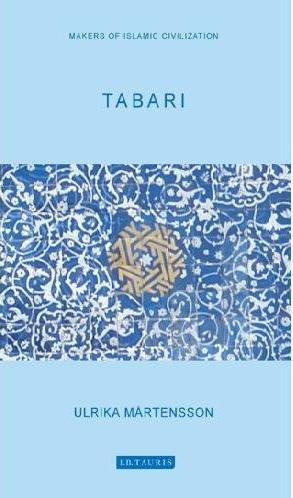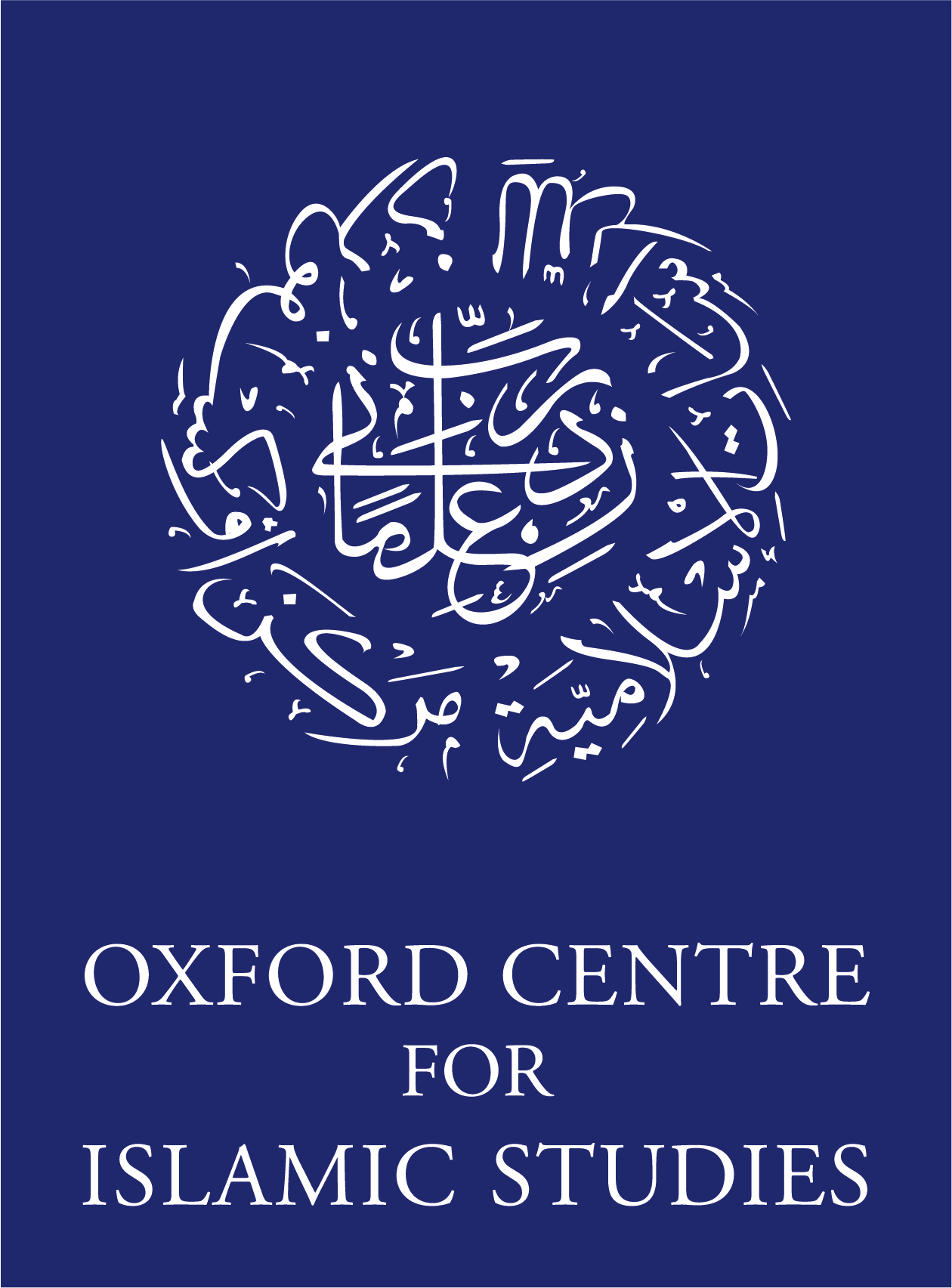Tabari
Tabari (ca. 838–923), a brilliant scholar of ʿAbbasid Baghdad, wrote extensively in all fields of the Islamic sciences of his day. The most widely read of his works now are his massive History of the Messengers and Kings and his Qurʾan commentary. The History is the primary source for information about Sassanid Persia and the first three centuries of Islam. It is also invaluable as an Islamic argument for what constitutes good governance and for grounding knowledge (and therefore policy) on human experience and rational argument.
In the introductory chapters, Mårtensson explains the theory of knowledge and methodology that underpin Tabari's contribution to historiography, scriptural interpretation and jurisprudence. She presents, through an account of the historical context and of Tabari's education, affiliations and scholarly output, the principal concern that motivated him and his contemporaries: how to combat arbitrary legal and administrative practice and, through good governance, the disintegrative tendencies in the ʿAbbasid empire.
The main chapters of the book (with maps and extensive citations from the History) show how Tabari arranged examples of good and bad government, and explained insurrections and revolts, to demonstrate his general thesis: that good government should rely on competence and merit; political and religious authority should be separated; administration should consist of rational management of the conflicting interest-groups of which society is composed; the needs of those groups and of the state should be justly balanced, particularly in taxation policy.
Tabari's argument has urgent relevance for contemporary Muslims, as does his observation that while the causes of insurrection can be justified, its effects seldom can.
Tabari was published in 2009.
Author
Ulrika Mårtensson teaches Religious Studies at the Norwegian University of Science and Technology, researching on theories of state, knowledge and interpretation in medieval, modern and contemporary Islamic thought. She is the author of 'Discourse and Historical Analysis: The Case of al-Tabari's History' (2005), 'The Power of Subject: Weber, Foucault and Islam' (2007), 'The Persuasive Argument: A Study of Aristotle's Politics and Rhetoric in the Qurʾan and al-Tabari's Commentary' (2008).

